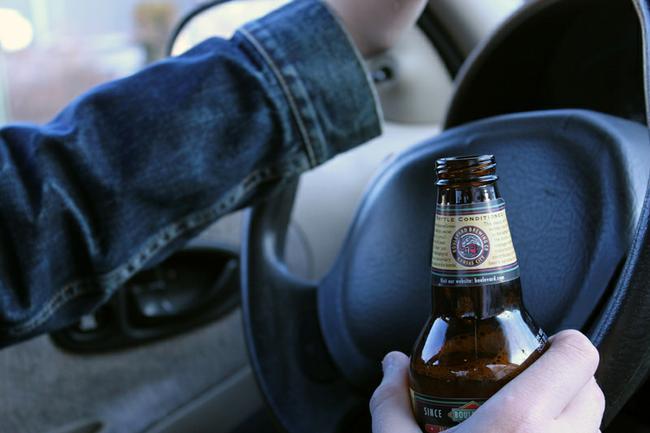
The Columbia Police Department is joining a statewide effort to crack down on impaired driving this St. Patrick’s Day weekend.
According to a CPD news release, law enforcement officers across Missouri will be cracking down on drunk driving with increased enforcement from Mar. 14-17. CPD received a grant from the Missouri Department of Transportation’s Traffic and Highway Safety Division to help pay for officers working overtime this weekend.
“CPD received approximately $12,000 from MODOT to conduct checkpoints,” Traffic Sgt. Curtis Perkins said. “This will fund approximately six checkpoints.”
According to the news release, the enforcement will include at least one sobriety checkpoint, as well as increased saturation patrols.
“A typical checkpoint has anywhere from 12 to 15 officers working,” Perkins said. “Because this requires a lot of manpower and resources, our department often teams up with other area law enforcement.”
Locations for checkpoints are chosen based on crash statistics and driving while intoxicated arrests, Perkins said. Motorists encountering a checkpoint should expect minimal delays.
“An officer will talk to (the driver) to look for signs of impairment,” Perkins said. “If they have reason to believe a subject has been drinking or is impaired, the subjects are asked to step out of the vehicle for further investigation. Field sobriety tests are administered to these drivers. If the officer develops probable cause to believe the subjects are intoxicated, they are arrested for driving while intoxicated.”
Motorists caught driving while under the influence of drugs or alcohol can face large fines and may lose their license.
Last year, 231 people were killed and 841 seriously injured on Missouri roadways in crashes involving alcohol and drugs, according to the news release. This was an increase from the [188 people killed in 2011](http://www.mshp.dps.mo.gov/MSHPWeb/SAC/pdf/missouri2011TrafficSafetyCompendium.pdf).
“Sobriety checkpoints are done to enforce driving while intoxicated violations and for a deterrent affect,” Perkins said. “The idea is people know we are out there doing a checkpoint and being proactive in removing intoxicated drivers from the roadway, but do not know the location and thus it could be anywhere.”